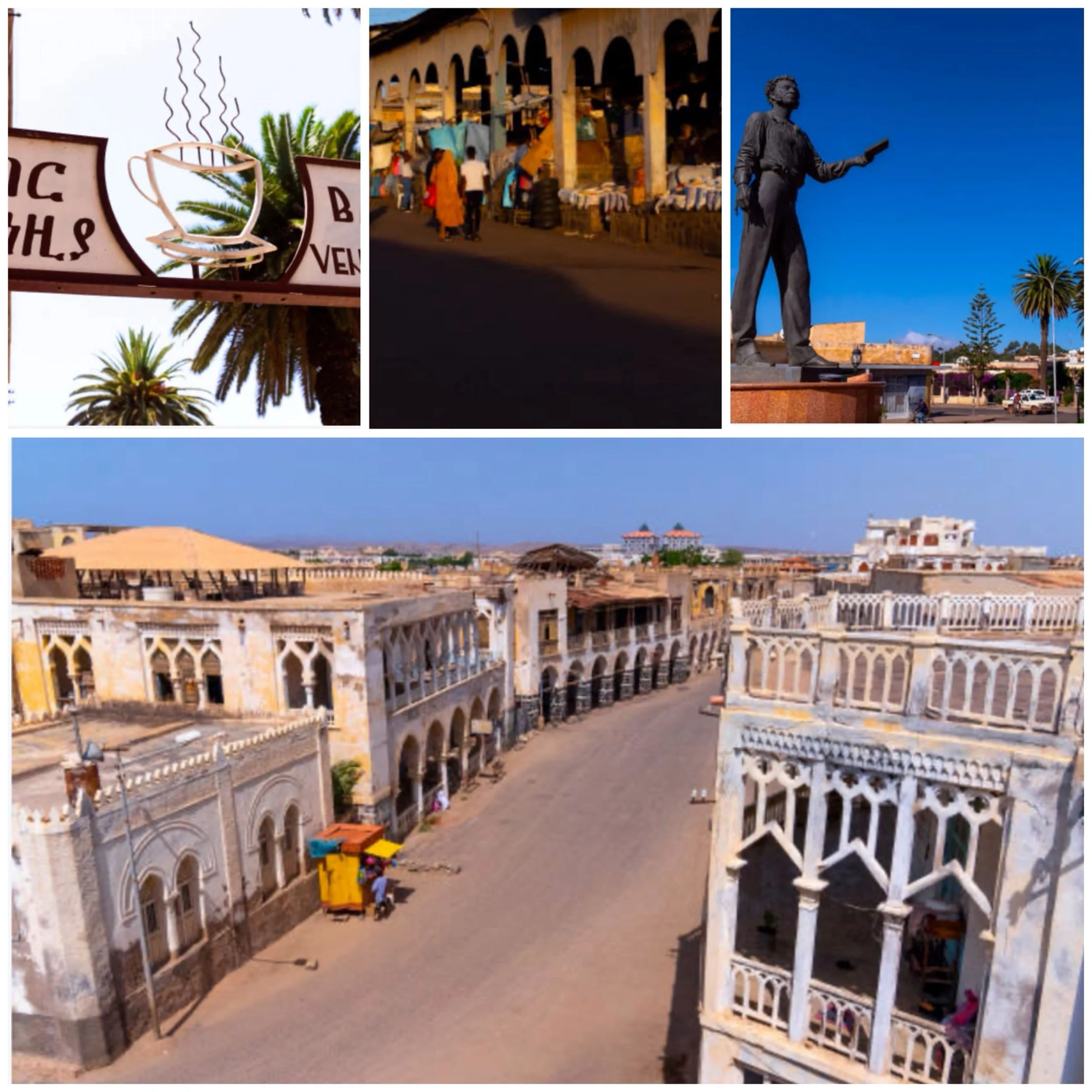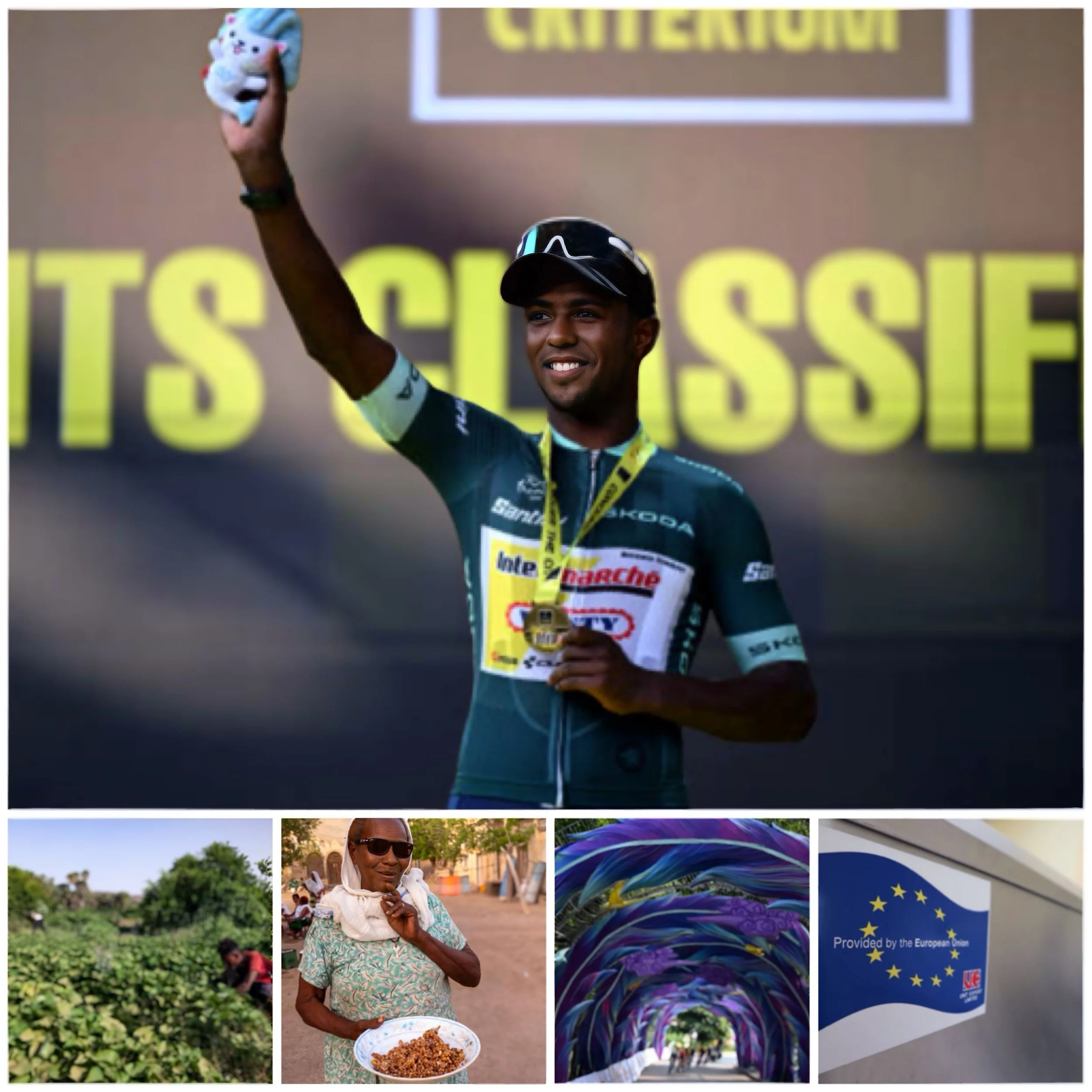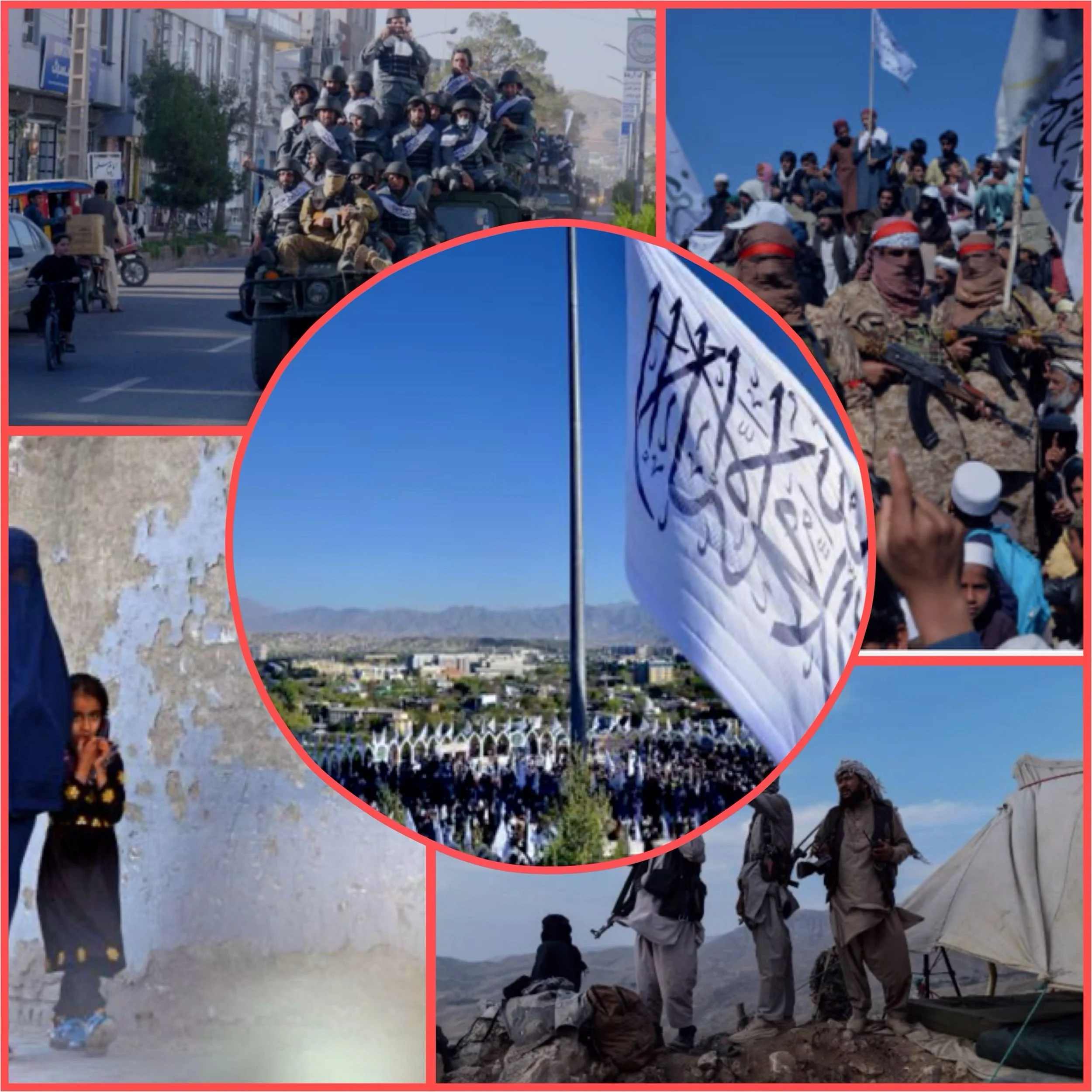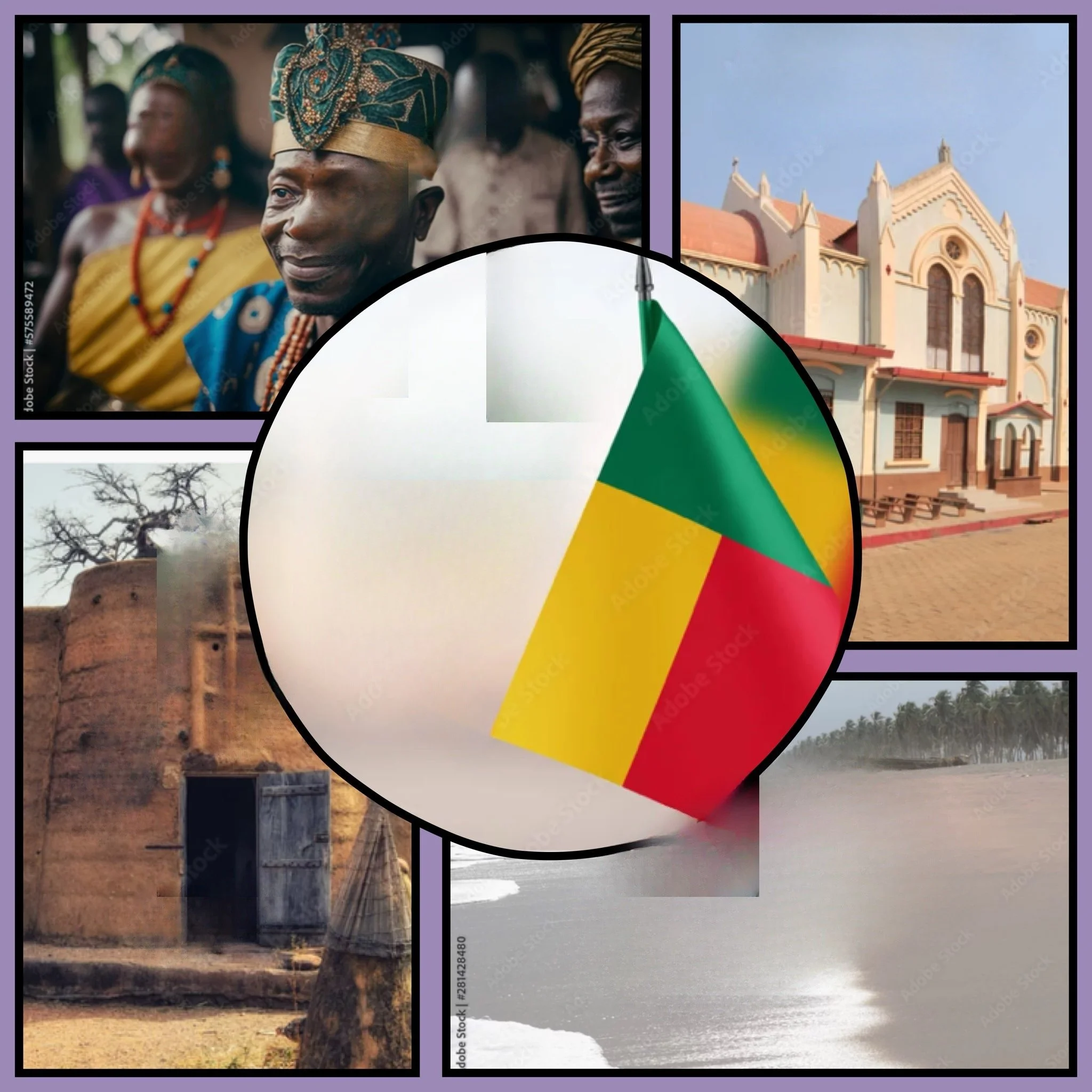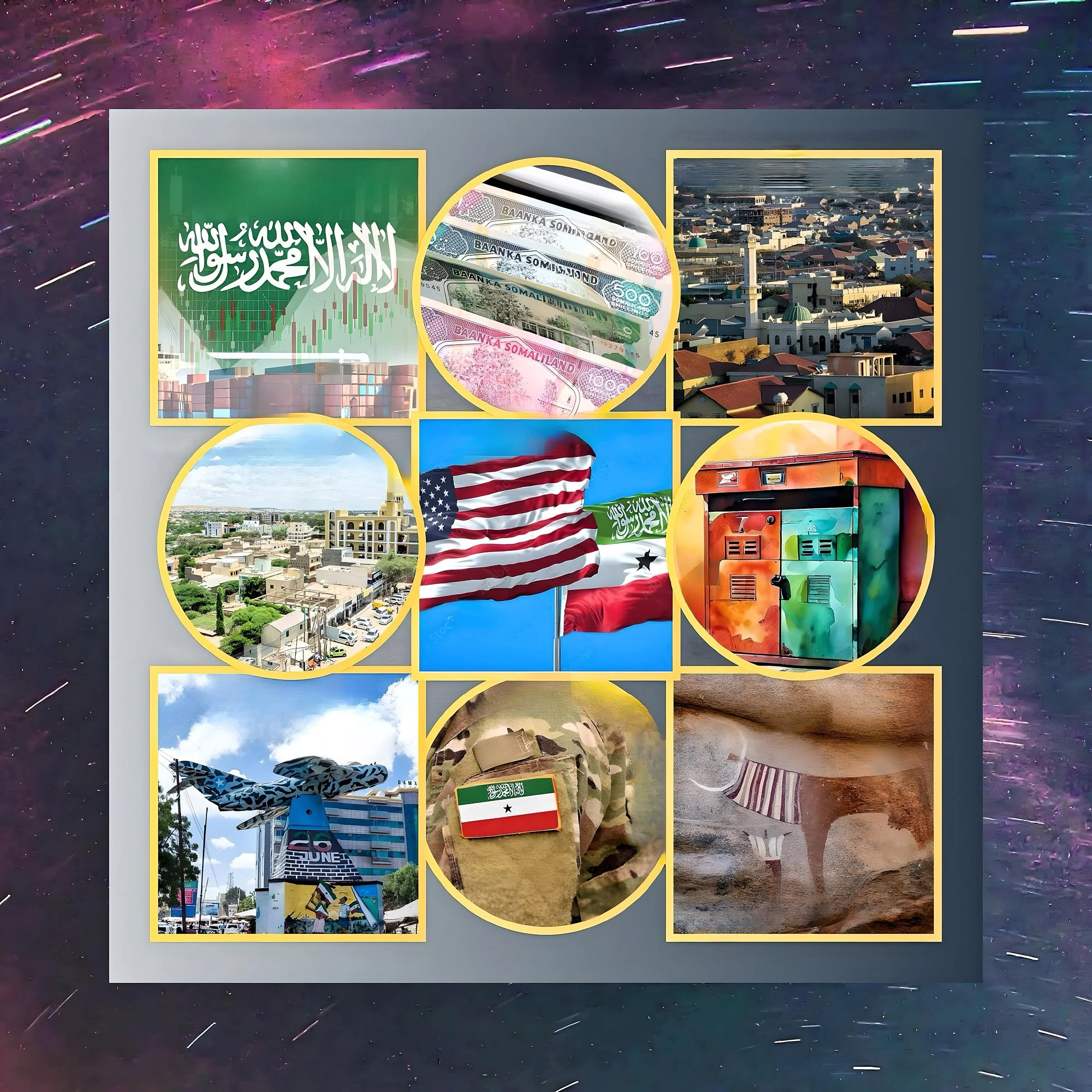What is Eritrea Socio-economic and political landscape
Introduction
Eritrea operates as a one-party state under President Isaias Afwerki, with the People’s Front for Democracy and Justice (PFDJ) as the sole legal party. The country has not held national elections since gaining independence from Ethiopia in 1993. The government maintains a highly militarized society, justifying this approach by citing potential threats of war.
Key political features include
Authoritarian governance with widespread human rights violations
Restrictions on freedom of speech, assembly, and religion
Arbitrary arrests and detentions without due process
Absence of democratic reforms and civic participation
Economic Situation
Eritrea’s economy faces numerous challenges:
Economic Structure
The economy is predominantly agriculture-dependent, accounting for about one-third of GDP. Mining and services also play significant roles.
Growth and Volatility
Real GDP growth has been volatile, with an estimated 2.9% expansion in 2023. The economy is vulnerable to external shocks, climate events, and geopolitical tensions.
State Control
The economy remains under tight control of the ruling PFDJ and the military, with high-ranking officers involved in illegal activities such as smuggling and human trafficking.
Debt and Fiscal Issues
Eritrea has an unsustainable debt burden, with a public debt-to-GDP ratio of 164.7% in 2022. The country is considered to be in debt distress.
Social Conditions
The socio-economic landscape is marked by:
Widespread Poverty: Over 66% of the population lives below the poverty line. Malnutrition remains endemic.
Limited Services: Basic services are weak, and many rely on remittances from the diaspora.
National Service: Mandatory national service disrupts family structures and contributes to youth unemployment.
Migration: There is a continuous exodus of young Eritreans seeking to leave the country due to limited economic opportunities and political repression.
International Relations
Eritrea’s relations with the international community are strained:
Western donor nations have reduced engagement due to lack of transparency and human rights concerns.
The country faces economic sanctions and exclusion from global financial networks.
Regional tensions persist, particularly with neighboring countries.
Conclusion
Eritrea’s socio-economic and political landscape is characterized by authoritarian rule, economic challenges, widespread poverty, and international isolation. The government’s tight control over political and economic spheres has hindered development and led to significant social challenges for its population.

